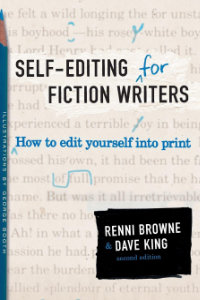
Self-Editing for Fiction Writers, Second Edition: How to Edit Yourself into Print by Renni Browne and Dave King
This is the first book I recommend to every writer. It will be the best ten dollars you’ve ever spent on writing—I promise.
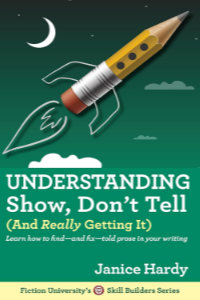
Understanding Show, Don’t Tell: (And Really Getting It) by Janice Hardy
Showing vs. Telling is a huge topic, and it’s hard to get a handle on. Janice Hardy breaks it down with some great examples that are eye-opening.
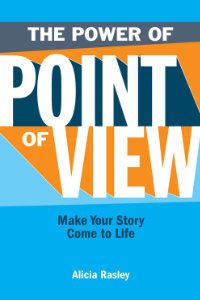
The Power of Point of View: Make Your Story Come to Life by Alicia Rasley
There’s no “right” point of view—it depends on your story. But there are tricks to every point of view to make the story more immersive, more engaging, and Alicia Rasley covers them beautifully.
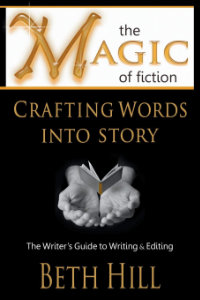
The Magic of Fiction: Crafting Words into Story: The Writer’s Guide to Writing & Editing by Beth Hill
This is a collection of articles and essays from the author’s website, gathered together and organized by topic.
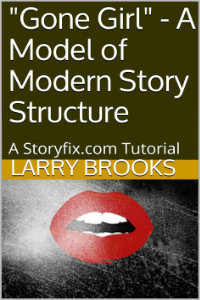
“Gone Girl” – A Model of Modern Story Structure: A Storyfix.com Tutorial by Larry Brooks
I’m a huge fan of Larry Brooks. He’s a genius when it comes to explaining story structure. If you’d rather take a look at The Martian, you can check that out on his website at http://storyfix.com/the-martian-deconstructed.
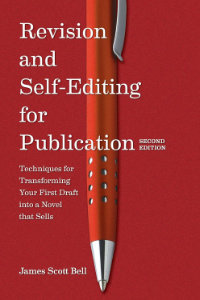
Revision & Self-Editing by James Scott Bell
An in-depth guide to self-editing.
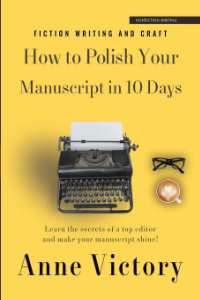
How to Polish Your Manuscript in 10 Days by Anne Victory
My own contribution to the topic of self-editing, this is designed to be an overview of how to self-edit your story. It’s quick and you should be able to finish it in a day, but I guarantee it will improve your writing. 🙂
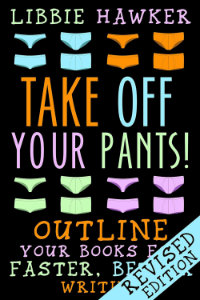
Take Off Your Pants!: Outline Your Books for Faster, Better Writing by Libbie Hawker
This book is written for both plotters and pantsers and will drastically speed up your writing time.
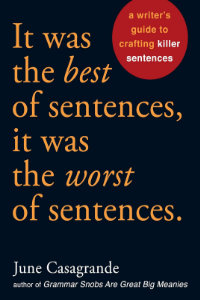
It Was the Best of Sentences, It Was the Worst of Sentences: A Writer’s Guide to Crafting Killer Sentences by June Casagrande
This is a deep look into crafting effective sentences, from specific wording to cutting out parts that don’t serve your purpose. She also covers such scintillating topics as adverbs, passive voice, and more.
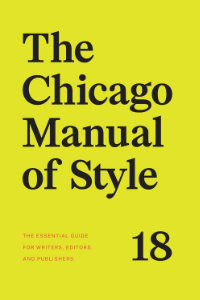
The Chicago Manual of Style
This is pretty much the go-to for style guides in American novels and is the industry standard. It’s also available as a subscription online (http://www.chicagomanualofstyle.org). Much like a dictionary, it’s not meant to be read from cover to cover—thank God, because it’s over a thousand pages! Rather, it’s best to learn how to navigate it and then refer to it as needed. I recommend getting the physical copy for browsing and then also subscribing to the online version for reference.
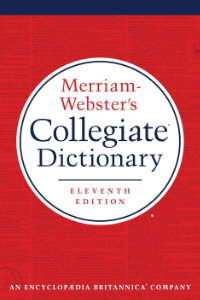
Merriam-Webster’s Collegiate Dictionary
Merriam-Webster is the dictionary prescribed by Chicago and thus is pretty much the industry standard. However, I’d suggest subscribing to this. The online version is regularly updated and also includes the Unabridged dictionary as well as the medical, Spanish, and French dictionaries. Also included is the thesaurus. You can access the website here: http://unabridged.merriam-webster.com.
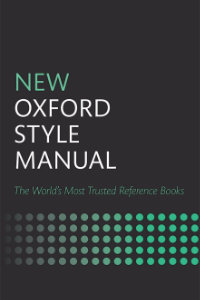
New Oxford Style Manual
This is the British English style guide, similar to Chicago but covering British English rather than American.
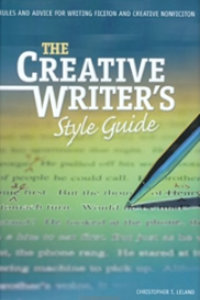
Creative Writer’s Style Guide: Rules and Advice for Writing Fiction and Creative Nonfiction by Christopher T. Leland
One of the shortcomings of The Chicago Manual of Style is that it covers all books, from textbooks to nonfiction as well as fiction. That means that some of its conventions aren’t well suited to fiction and that some issues aren’t covered at all. The Creative Writer’s Style Guide steps in and fills some of those gaps.
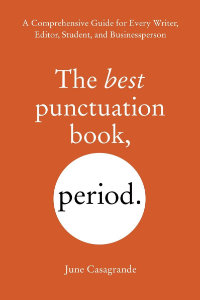
The Best Punctuation Book, Period: A Comprehensive Guide for Every Writer, Editor, Student, and Businessperson by June Casagrande
This is a great little resource that shows how the various style guides recommend punctuating items. Includes examples and has side-by-side comparisons of how each style guide handles punctuation.
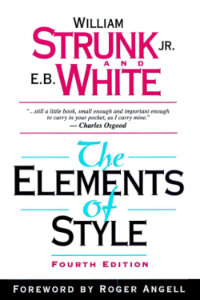
The Elements of Style by Strunk & White
A classic in writing reference books. Some of the information is outdated, but there are still a lot of great nuggets in this little book.
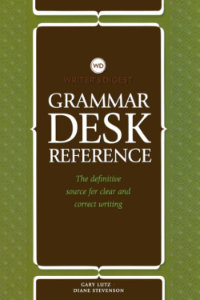
Writer’s Digest Grammar Desk Reference
This is one of the best straight-up grammar guides I’ve found that’s not an actual textbook. Highly recommend it.
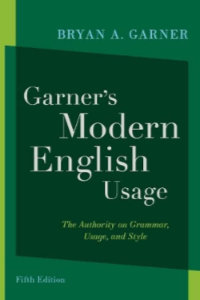
Garner’s Modern English Usage
For the true word nerds, Garner’s is a great resource. However, Chicago has a usage section (from GMEU) that covers the most common issues (shined or shone, nauseous or nauseated, for instance), so unless you’re fascinated by the English language (raises hand), you can probably pass on this one.
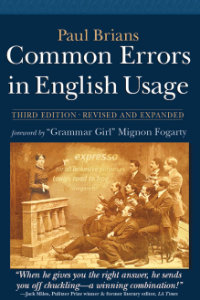
Common Errors in English Usage by Paul Brians
Unlike Garner’s Modern American Usage, Paul Brians’s usage guide covers some of the issues authors run across on a day-to-day basis: Is it set foot or step foot? Callous or callus? This is a fantastic resource that I highly recommend. There’s an accompanying website that I use regularly when I need to reference something (https://brians.wsu.edu/common-errors-in-english-usage), but I also bought the book purely to support the author.
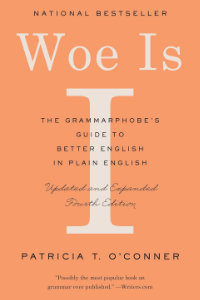
Woe is I: The Grammarphobe’s Guide to Better English in Plain English by Patricia O’Conner
This is one of my favorite grammar books. It covers some of the more common issues we run into every day, but the style is informal and interesting as opposed to the dryness you sometime run across with grammar books.
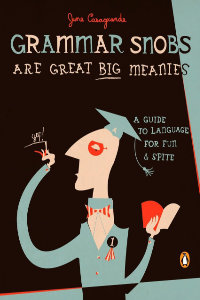
Grammar Snobs Are Great Big Meanies by June Casagrande
I’m a huge fan of June Casagrande, and I love reading humorous books on language and grammar. This one checks all the boxes.
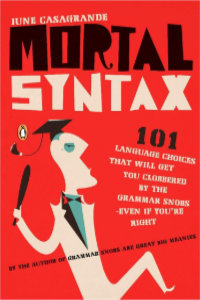
Mortal Syntax by June Casagrande
More grammar and writing humor from June Casagrande.
